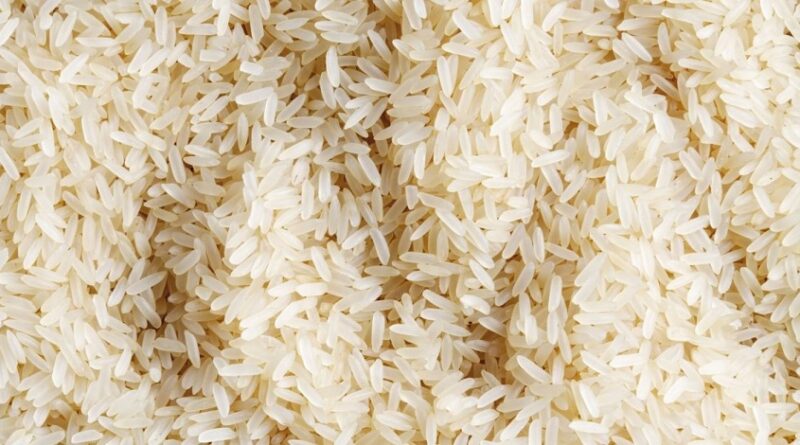India faces queries from WTO on PMGKAY extension and rice export ban
With the World Trade Organization (WTO) Committee on Agriculture (CoA) meeting beginning Monday, India may need to provide world leaders clarification on WTO-compatibility of the five-year extension of the PM Garib Kalyan Ann Yojna (PMGKAY) free foodgrains scheme and the reasons behind the ban on non-basmati rice exports, according to a report by The Hindu Businessline.
WTO members, including the United States, European Union, Canada, Australia, Switzerland, and New Zealand, have reportedly raised questions primarily related to India’s minimum support prices (MSP) commitments and export restrictions.
On July 20 this year, India banned exports of non-basmati white rice to boost domestic supply and keep retail prices under check with the festive season around the corner. In response to questions raised by nations at the WTO’s Committee on Agriculture in Geneva on September 27, Indian officials stated that the export ban on rice was a method for regulation rather than a restriction. Officials emphasised that the ban was crucial for securing the food security of 1.4 billion people. In November, Sonal Varma, chief economist for India and Asia ex-Japan at Nomura Holdings Inc, told Business Standard, “As long as domestic rice prices face upward pressure, the restrictions are likely to stay… Even after the elections, if domestic rice prices do not stabilise, these measures will likely be extended.”
According to the Hindu Businessline report, Canada has specifically questioned whether procurement under the extended PMGKAY will be done at the administered price, which would affect WTO domestic support commitments. Canada advocated for procurement at current market prices to minimise trade distortions while asking India to explain why they believed this method was more effective.
India invoked the “peace clause “, allowing developing countries to exceed the US and EU’s 10 per cent subsidy limit. This has raised questions about India’s decision to grant export quotas for non-basmati rice to certain countries after the export ban.
At the time of the ban, some media reports had indicated that there was sufficient rice supply to meet domestic demand. On this basis, the US, UK and Switzerland have submitted reports asking, “What quantity of public stocks of rice did India consider adequate for domestic needs at the time this export restriction was put in place?”
Countries are also seeking clarification on the expiry dates of India’s temporary farm-related measures, including export restrictions and duties, as well as on the ban’s specifications and reasons.
This article has been republished from The Business Standard.

